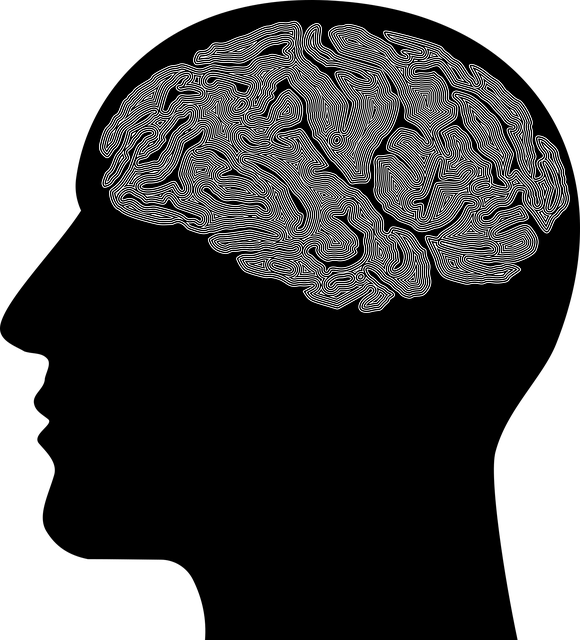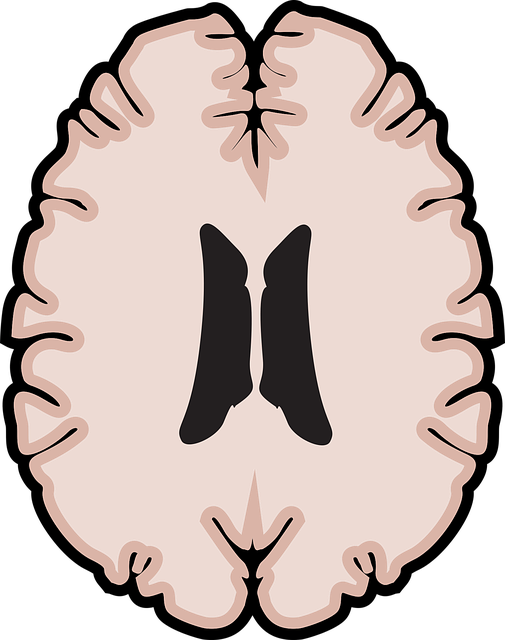Littleton Autism Spectrum Disorder Therapy employs the RFM (Resilience, Flexibility, Mindfulness) framework, a holistic approach empowering individuals with ASD to thrive. This method integrates cultural sensitivity, cognitive-behavioral techniques, and mindfulness exercises for symptom management and improved quality of life. Personalized resilience programs address unique ASD challenges, fostering adaptability and emotional well-being. Evaluating RFM's effectiveness through observations and self-reported surveys ensures tailored interventions and continuous improvement in client outcomes.
“Unleashing resilience is a cornerstone of effective autism spectrum disorder (ASD) therapy. This article explores the powerful tool of RFM (Resource, Strengths, and Coping Strategies), pivotal in fostering adaptability and emotional well-being for individuals with ASD. We delve into ‘The Littleton Approach’, a structured framework guiding tailored resilience-building exercises. Understanding RFM’s relevance in ASD therapy, this comprehensive guide offers insights on implementation strategies, best practices, and evaluation methods, highlighting the transformative potential of these exercises in clinical settings.”
- Understanding RFM and Its Relevance in Autism Spectrum Disorder Therapy
- The Littleton Approach: A Framework for Resilience Building Exercises
- Designing Customized Resilience Programs for Individuals with ASD
- Implementing RFM in Clinical Practice: Strategies and Best Practices
- Measuring Success and Tracking Progress: Evaluating the Effectiveness of RFM
Understanding RFM and Its Relevance in Autism Spectrum Disorder Therapy

At its core, RFM (Resilience, Flexibility, and Mastery) is a therapeutic framework designed to empower individuals facing challenges, particularly those on the Autism Spectrum Disorder (ASD) spectrum. This approach recognizes that building resilience isn’t just about coping with difficulties; it’s about thriving despite them. In the context of Littleton Autism Spectrum Disorder Therapy, RFM becomes a powerful tool to enhance quality of life for individuals navigating the unique complexities of ASD.
By focusing on these three dimensions, therapy participants learn to adapt flexibly to changing circumstances, develop effective problem-solving strategies, and gain a sense of control over their lives. This proactive approach not only aids in managing symptoms like anxiety but also fosters overall well-being. Moreover, integrating RFM into therapy sessions at our organization encourages cultural sensitivity in mental healthcare practice, ensuring that each individual receives support tailored to their unique needs and experiences.
The Littleton Approach: A Framework for Resilience Building Exercises

The Littleton Approach offers a comprehensive framework for designing and implementing Resilience Building Exercises (RBE), specifically tailored to individuals with Autism Spectrum Disorder (ASD). This methodology recognizes the unique challenges faced by those on the spectrum and provides practical tools to enhance their mental wellness. The approach emphasizes the power of structured activities, such as Mental Wellness Journaling Exercise Guidance, to encourage self-reflection and positive thinking. By integrating these exercises into daily routines, individuals with ASD can develop coping strategies to navigate stressful situations, fostering a sense of resilience.
The strategy goes beyond traditional therapy by incorporating burnout prevention techniques, ensuring individuals stay engaged and motivated. This holistic approach encourages participants to explore their emotions, set personal goals, and cultivate a positive mindset. The Littleton Methodology has proven effective in various settings, providing guidance for professionals and caregivers to support the emotional well-being of those with ASD, ultimately empowering them to lead more fulfilling lives.
Designing Customized Resilience Programs for Individuals with ASD

Designing tailored resilience programs for individuals on the Autism Spectrum (ASD) is a nuanced yet impactful approach to enhancing their coping mechanisms and overall well-being. The process involves understanding the unique challenges these individuals face, such as sensory sensitivities and social communication differences, while incorporating evidence-based strategies. At Littleton Autism Spectrum Disorder Therapy, our experts create customized programs that cater to each client’s specific needs.
These programs often include a blend of cognitive-behavioral techniques, mindfulness exercises, and social skills training. By integrating these elements, we aim to foster mental health awareness and resilience, effectively preventing issues like anxiety and depression. The goal is to empower individuals with ASD to navigate their unique challenges, develop adaptive coping strategies, and ultimately improve their overall quality of life.
Implementing RFM in Clinical Practice: Strategies and Best Practices

Implementing RFM (Resilience, Flexibility, and Mindfulness) in clinical practice has become a valuable strategy for therapists, especially when treating individuals with Littleton Autism Spectrum Disorder (ASD). By integrating RFM techniques, therapists can significantly enhance their clients’ coping abilities and overall mental wellness. One of the key benefits is its potential to reduce the impact of stigma associated with mental illness, fostering an environment of acceptance and self-compassion.
To effectively implement RFM in clinical settings, therapists should focus on tailored communication strategies. This involves teaching clients practical mindfulness exercises and encouraging flexible thinking patterns. For instance, incorporating relaxation techniques into therapy sessions can help individuals manage anxiety and improve their emotional regulation. Additionally, promoting open discussions about mental health challenges through the Mental Wellness Podcast Series Production can contribute to stigma reduction efforts. These strategies collectively support the development of resilience in clients, empowering them to navigate life’s challenges with greater ease.
Measuring Success and Tracking Progress: Evaluating the Effectiveness of RFM

Evaluating the effectiveness of RFM (Resilience, Flexibility, and Mindfulness) is a crucial step in ensuring successful implementation for individuals with Autism Spectrum Disorder (ASD), particularly when tailored to the unique needs of Littleton Autism Spectrum Disorder Therapy clients. Measuring success goes beyond simple numbers; it involves observing and documenting improvements in daily functioning and overall well-being. Therapists can track progress by regularly assessing clients’ ability to adapt to changes, manage emotions, and maintain a positive outlook—essential skills for navigating life’s challenges.
By incorporating measures that align with Depression Prevention and promoting Positive Thinking, practitioners can gauge the impact of RFM exercises on Mental Wellness. This could include self-reported surveys, observations during therapy sessions, or feedback from caregivers, all contributing to a comprehensive understanding of each client’s journey towards enhanced resilience. Such continuous evaluation enables therapists to adjust strategies, foster better outcomes, and tailor interventions to support clients in their unique paths to recovery and personal growth.
The implementation of RFM, as exemplified by the Littleton Approach, offers a powerful framework for enhancing resilience in individuals with Autism Spectrum Disorder (ASD). By tailoring resilience-building exercises, therapists can create personalized programs that address unique challenges and promote adaptive coping skills. Incorporating these strategies into clinical practice not only improves outcomes but also enriches the lives of those on the ASD spectrum, empowering them to navigate life’s complexities with greater ease and confidence. As research in Littleton Autism Spectrum Disorder Therapy continues to evolve, the integration of RFM promises to be a game-changer in supporting individuals with ASD to build resilience and thrive.










